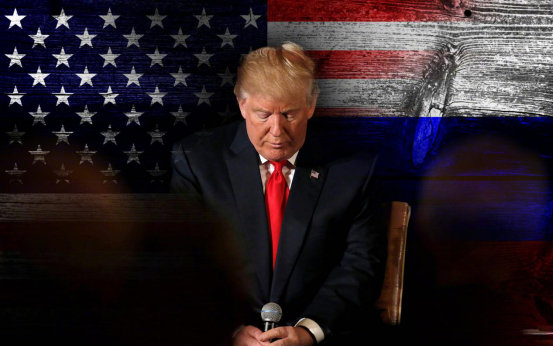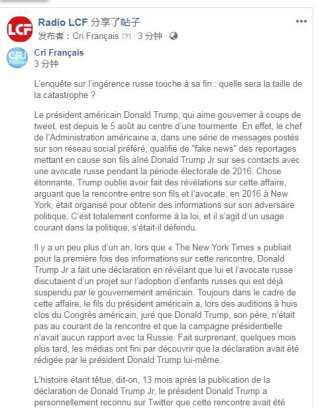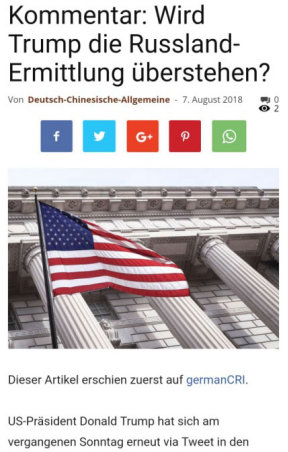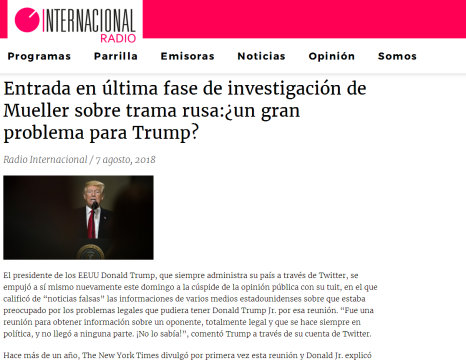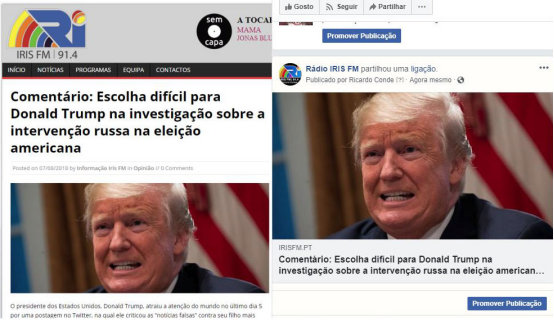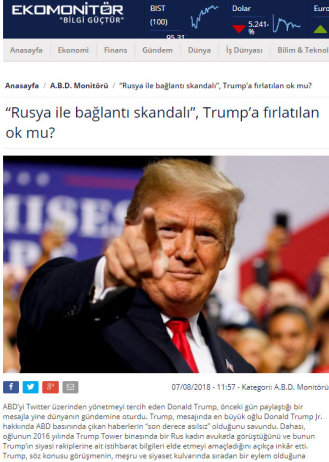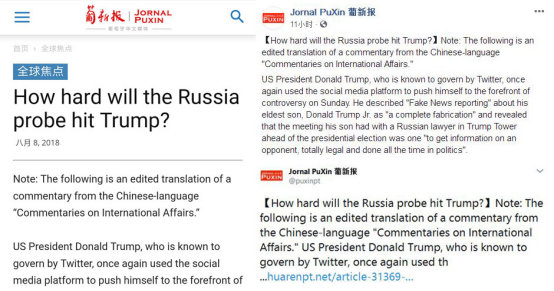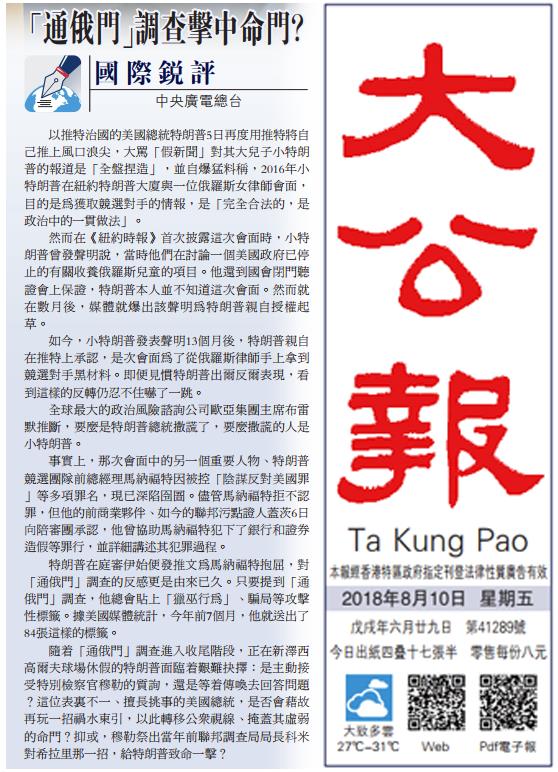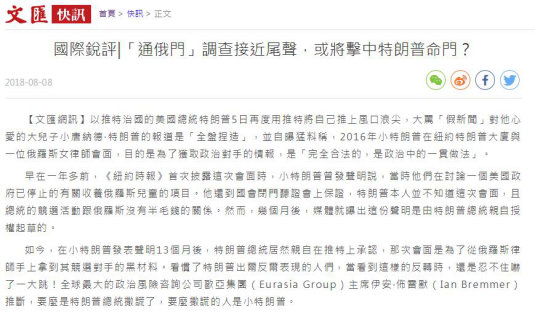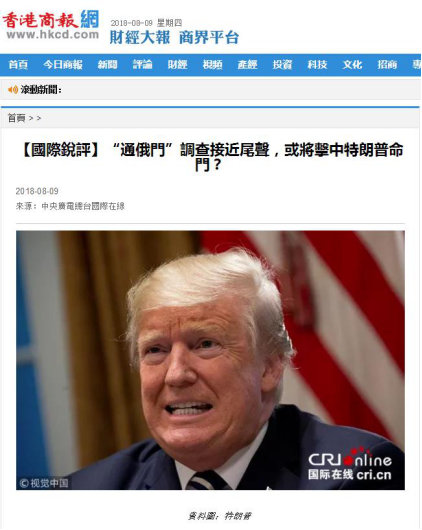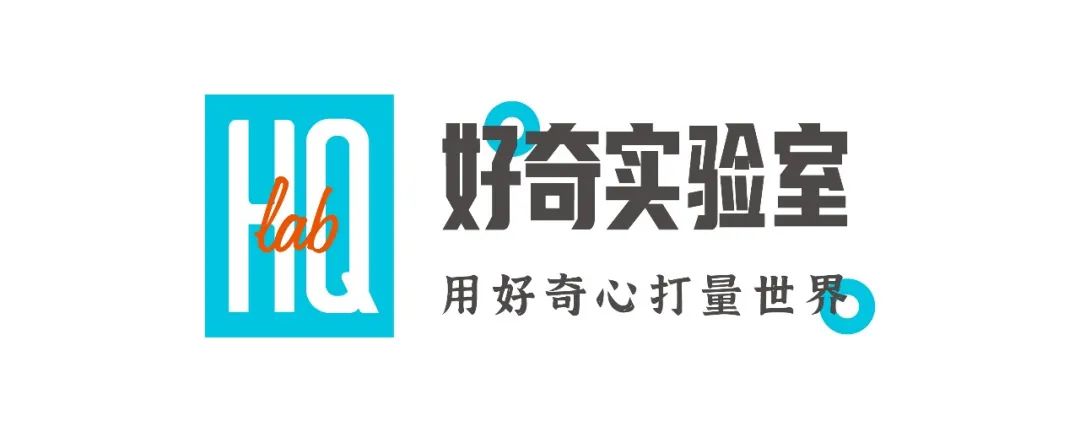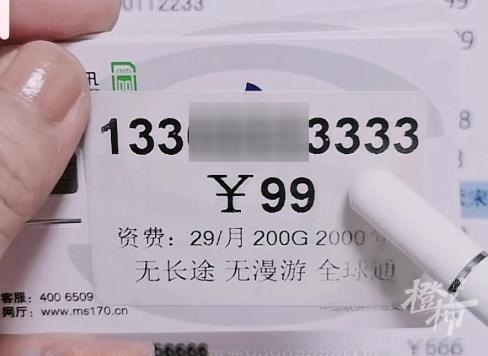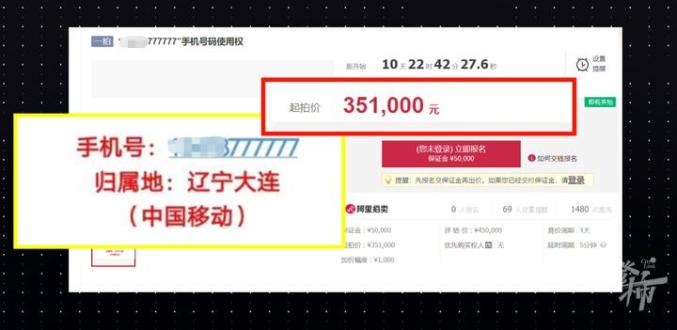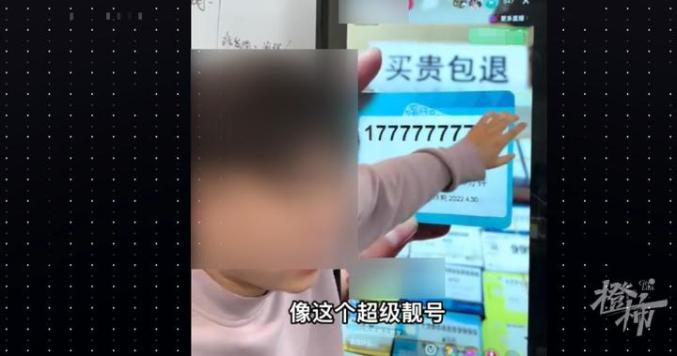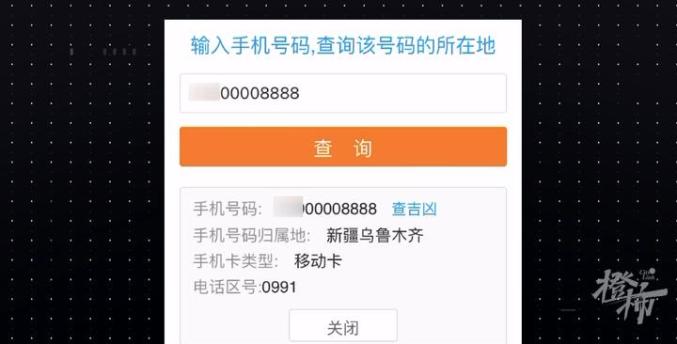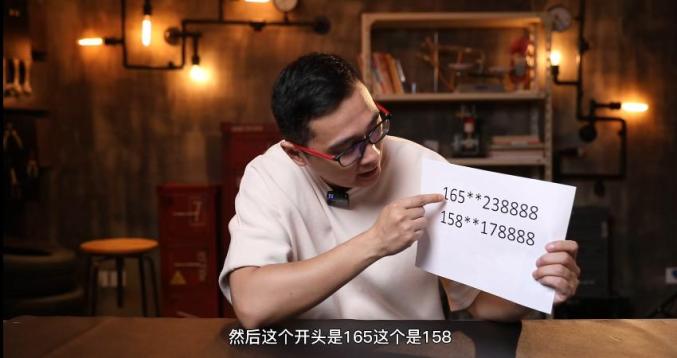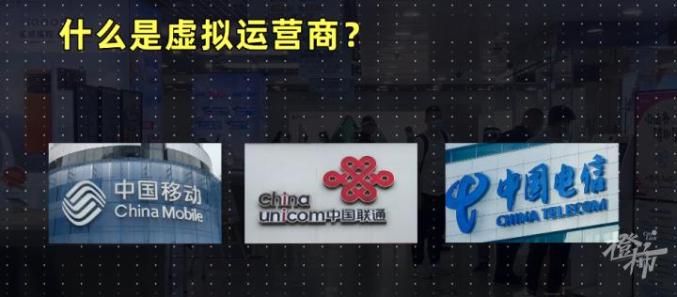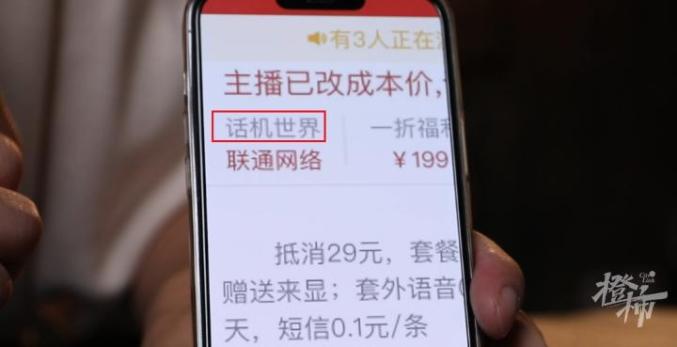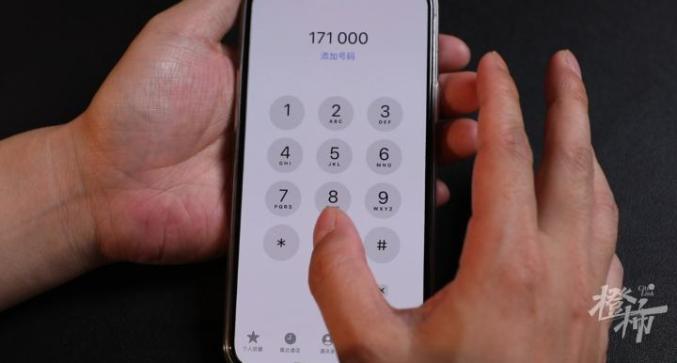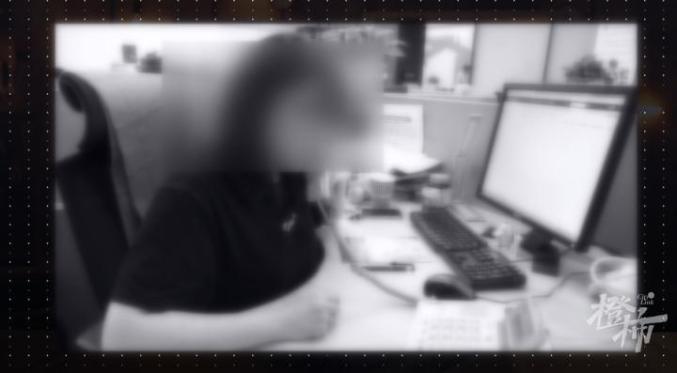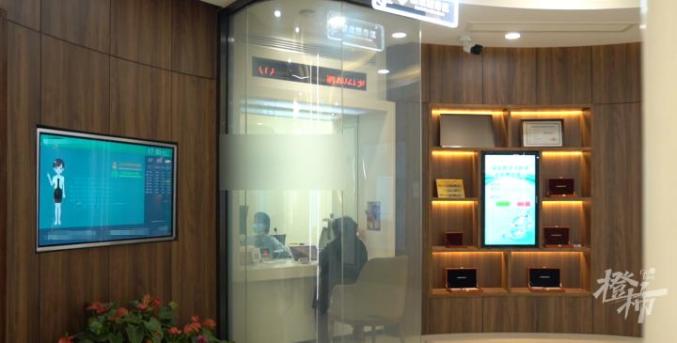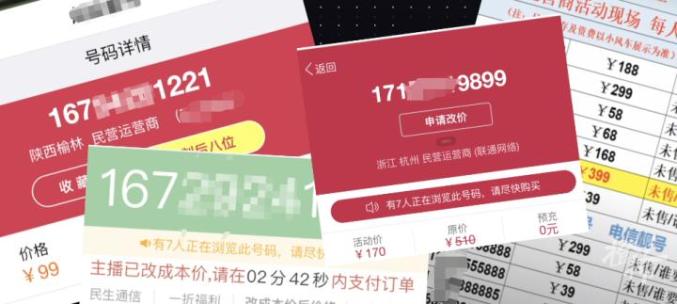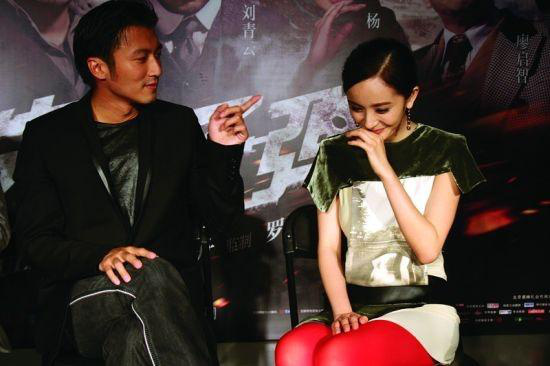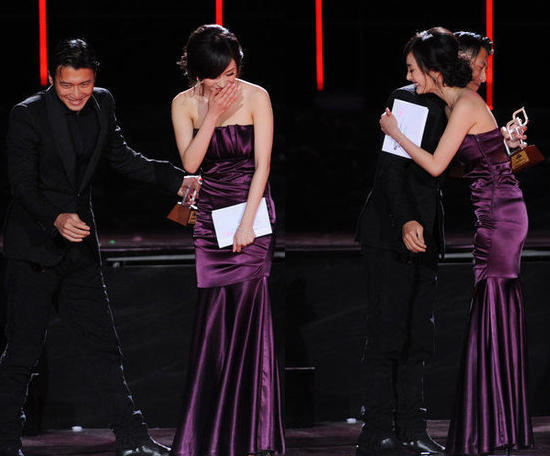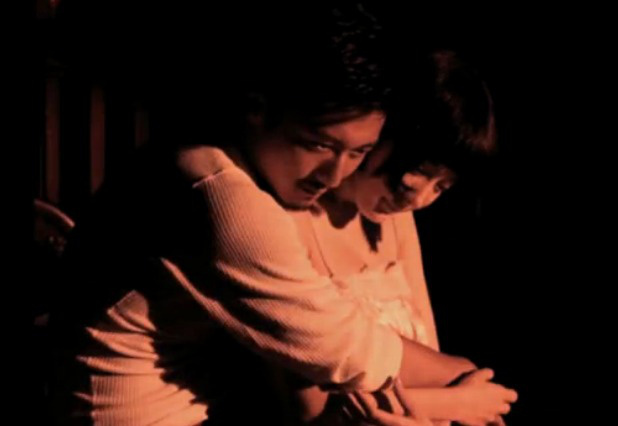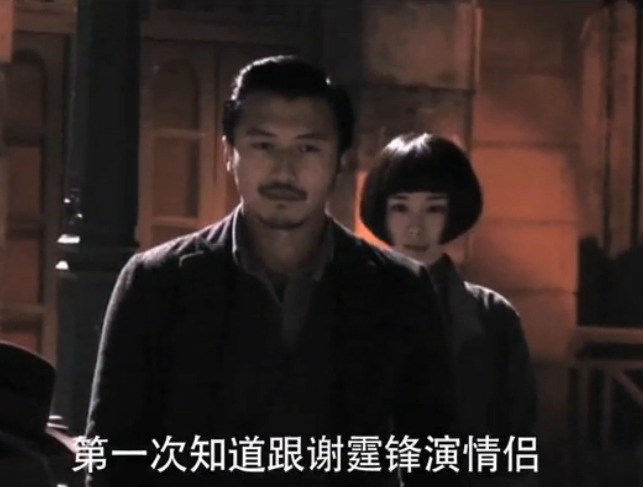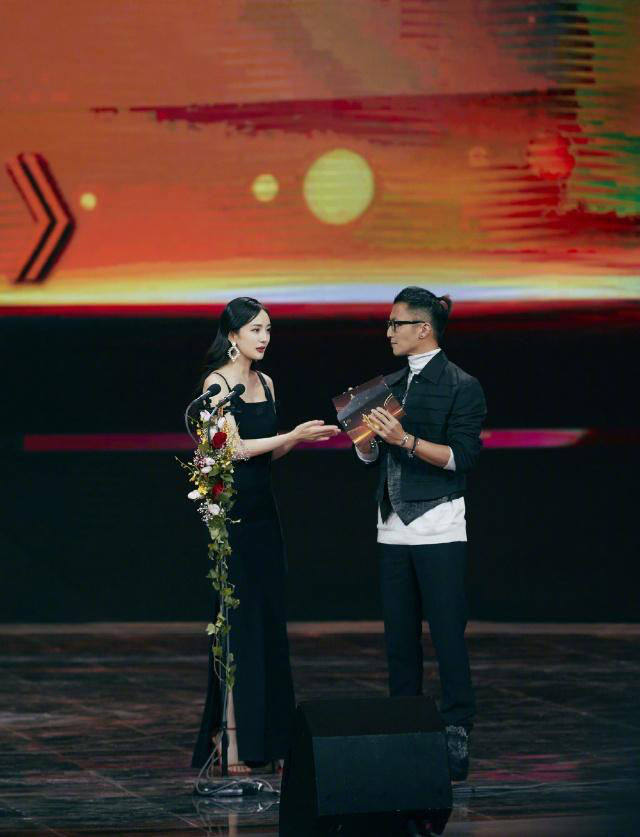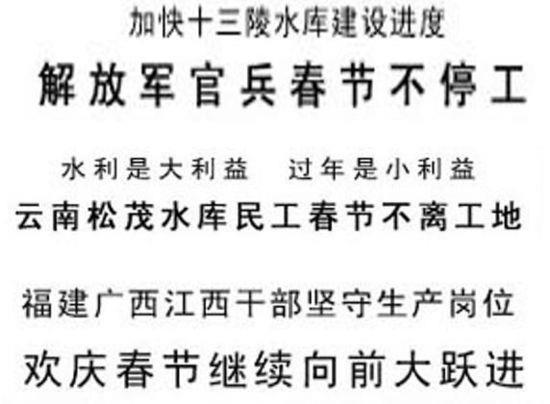
News headlines during the Spring Festival in the 1950s.
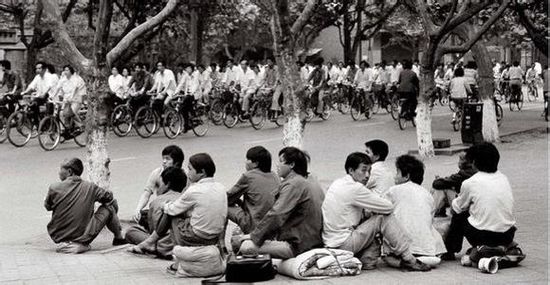
Since 1980s, a large number of migrant workers have flooded into cities.
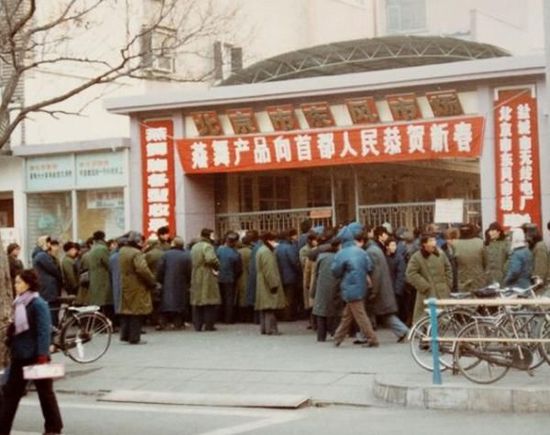
In 1985, Beijing held the first Spring Festival commodity fair.
Do you know that the current Spring Festival is actually only 102 years old? Hobsbawm, a leftist historian, once put forward the term "invented tradition", which means that many people think that the tradition is "ancient" and is a living creation of contemporary people, and the Spring Festival is undoubtedly the best example.
On the afternoon of February 1st, the 11th Urban Forum hosted by Luo Xiaoming, an associate professor in the Department of Cultural Studies of Shanghai University, was held in Monsoon Bookstore. Three doctoral students from this department, Deng Jian, Zhang Shanshan and Wang Leiguang, talked about how people participated in the transformation of the Spring Festival in the process of rapid urbanization, and how the participation of national policies and personal life experiences promoted the formation of new customs.
The Spring Festival is only 102 years old.
To bid farewell to the old and welcome the new, and to have a family reunion, the Spring Festival can be regarded as the most important festival in Chinese. However, unlike western religious festivals, the Spring Festival is a year-old festival formed and developed under the agricultural civilization. About its origin, it is generally accepted that when Yu Shun ascended the throne, he led his men to worship heaven and earth. There are different names for the Spring Festival in history. In Qin Dynasty, it was called Shangri and Yuanri; in Han Dynasty, it was called Niandan and Zhengdan; in Wei, Jin, Southern and Northern Dynasties, it was called Nianchao and Fuehrer; in Tang and Song Dynasties, it was called Nianri and SGD; in Qing Dynasty, it was called New Year’s Day and Yuanri. After the Republic of China, this festival gradually evolved into a national festival from Laba Festival to Lantern Festival.
In 1912, the Republic of China announced that January 1 of the solar calendar would be changed to "New Year", but its implementation among the people met with obstacles. In January, 1914, Zhu Qiqian, then the head of the Ministry of Internal Affairs, obeyed public opinion and proposed that New Year’s Day in the lunar calendar should be designated as the Spring Festival, Dragon Boat Festival as the summer festival, Mid-Autumn Festival as the autumn festival, and Winter Solstice as the winter festival. All citizens should have a rest, and public employees should also be given a day off. "With the approval of Yuan Shikai, this laid a coexistence pattern in which the first day of the solar calendar is New Year’s Day and the first day of the first month of the lunar calendar is the Spring Festival." Therefore, the Spring Festival we are celebrating now is actually only 102 years old.
At the beginning of the Republic of China, the government tried to move activities such as celebrating the New Year, offering sacrifices to ancestors and posting Spring Festival couplets to New Year’s Day in the solar calendar, but the strong traditional consciousness of the people kept these customs in the Spring Festival.
The three speakers narrowed down the research materials to People’s Daily after New China, and searched with "Spring Festival" as the key word, and got a total of 370 reports. Although there are limitations, it also reflects how the Spring Festival has changed in the last half century.
1949— 1956: Spring Festival combined with publicity
"Eating" has always been an important element of the Spring Festival. Under the background of insufficient materials, Chinese’s habit of hoarding food before the Spring Festival made "the price rise during the Spring Festival" an iron law. However, in 1951, Beijing seemed to break this convention and spent a Spring Festival with "stable prices as usual". There are two reasons: First, the Beijing Municipal Administration for Industry and Commerce called on state-owned trading companies, cooperatives and relevant private businesses to come. Second, the Ministry of Trade has specially stipulated that prices should be stabilized during the Spring Festival. It can be seen that at this time, the government has begun to respond to the unstable factors that may occur during the holidays.
However, the biggest feature of the Spring Festival in this period was that the entertainment programs were smeared with a strong political color. Workers’ and peasants’ parties and military-civilian parties are two important forms in this period. Workers and farmers from all over the country will hold grand get-together activities during the Spring Festival. Deng Jian pointed out that this kind of recreational activities, which are participatory rather than immediate, make people feel the flavor of the year more personally. The military-civilian party is almost the only uninterrupted form of party since liberation.
During this period, almost every year’s Spring Festival literary and artistic activities have a fixed theme, without exception, this theme is related to political propaganda: the propaganda of the Marriage Law in 1953 and the general line in 1954. Although this kind of propaganda request has not been appealed to legal documents, those who fail to meet the standards will still be criticized. In 1952, the Spring Festival performance of the Central Academy of Drama was criticized because its program did not meet the needs of the real struggle, and the Academy of Drama had to make a review.
1956-1966: celebrating the Spring Festival in an unconventional way.
Nowadays, people often say "Spring Festival travel rush is difficult". In fact, as early as 1950s, Spring Festival travel rush was already difficult. In 1954, the country made it clear for the first time that Spring Festival travel rush time was one month before and after the Spring Festival, and the Ministry of Railways set up the Spring Festival Passenger Transport Office, which was on duty day and night. In 1957, for the first time, the State Council issued a special instruction on how to do a good job in Spring Festival travel rush, asking enterprises and schools to mobilize employees and students to understand the difficulties of railway transportation, and to leave early, late or not.
Solving the Spring Festival travel rush problem was combined with the Great Leap Forward movement in 1958, which achieved the call of "breaking the routine and celebrating the Spring Festival". "Don’t go home if you can" has become a common consensus and slogan, and coal mines, water conservancy projects and government departments are the most thoroughly implemented industries. A report in 1959 wrote that on New Year’s Eve this year, the most lively thing was the Ming Tombs Reservoir site. The labor songs of more than 27,000 migrant workers, officers and soldiers, cadres and students resounded throughout the New Year’s Eve.
In the 1960s, some old habits of extravagance and gambling made a comeback in the society. At this time, the call for "celebrating the Spring Festival in the spirit of revolution" came accordingly, and it became fashionable to oppose worshipping gods and ancestors, eating and drinking, and celebrating the holidays with a healthy and frugal attitude.
1966-1976: Revolutionary Spring Festival
This decade is a special period in the history of New China. In 1967, the State Council issued a notice that there will be no holiday this Spring Festival, and China has since entered a "revolutionary Spring Festival".
The so-called "revolutionary Spring Festival" has three points in simple terms: First, we should "grasp the revolution to promote production", not go home during the Spring Festival, actively participate in productive labor, and turn winter leisure into winter busy; Second, all the so-called "feudal customs" during the Spring Festival are prohibited, such as setting off firecrackers, burning incense and worshipping Buddha, dancing dragons and lions, kowtowing to pay New Year greetings, etc. Third, no eating and drinking, let alone playing cards.
The familiar custom of Spring Festival is only "posting Spring Festival couplets", but the content is quite different from the original greeting, and the most distinctive one is "Don’t stop fighting at 30, continue to work on the first day".
At that time, the most typical scene of celebrating the Spring Festival was: the family sat around the statue of Chairman Mao to have a New Year’s Eve dinner. Before meals, a family meeting will be held to criticize the private sector. Parents will put down their airs and criticize and self-criticize each other with their children. Children can also "fire" at their parents.
Eating is still an important part of the Chinese New Year, but it is not "eating well" but "eating poorly" that is popular in this period. Unit canteens in cities and commune canteens in rural areas will organize people to eat "recalling bitter thoughts and sweet rice" — — According to local conditions, what tastes bad is cooked with wild vegetables, tree roots, corn paste and dried sweet potatoes. The purpose is to let everyone remember the "evil old society" and love the new society.
1979-1989: Go home safely and have a happy New Year.
On January 17th, 1979, People’s Daily published a letter from readers entitled "Why don’t we have a holiday during the Spring Festival", which received responses from all over the country. In 1980, the holiday system for the Spring Festival was fully returned, and the first big problem that followed was Spring Festival travel rush.
At the beginning of 1981, the number of passengers in the first two months reached 1.21; In Spring Festival travel rush in 1982, the number of passengers in Beijing Station alone reached 5.32 million. Why is there such a large flow? People often attribute this to a group — — "Blind flow" refers to people who migrate from rural permanent residence to cities and have no stable jobs and permanent residence.
In 1984, the "No.1 Document" of the Central Committee allowed farmers to take care of their own rations and enter cities and towns to work, do business and run enterprises. In the 1980s, four migration circles were formed: the Beijing-Tianjin-Hebei region on the eastern coast, the Yangtze River Delta region, the Pearl River Delta region, and the Xinjiang region, which is rich in minerals and convenient for foreign trade and has an excellent geographical location. When these migrant workers concentrate on returning home for the Spring Festival, they often buy tickets and may not get on the bus to get home. People often run at the station with big bags and small bags, and even many people climb into the carriage from the window before the train leaves. According to statistics, 880,000 people returned home standing on the train in 1988. Safe holidays and safe return home are also put forward in this context.
During this period, cultural activities during the Spring Festival were in full swing. Television programs have not only increased significantly, but also have rich themes. They are no longer limited to revolutionary education, and more TV dramas close to life have begun to be put on the silver screen. However, the most noteworthy thing in the 1980s was the holding of the first Spring Festival Gala of CCTV in 1983. No matter whether people are enjoying or spitting, this feast has been with us for 31 years.
The economic situation is so good that people are no longer stretched to buy new year’s goods. In 1985, the first Spring Festival commodity fair was held in Beijing.
However, the richness of materials and entertainment did not satisfy people for a long time. On February 8, 1989, People’s Daily published an article entitled "The Cold Spring Festival and the Hot Christmas in Shanghai". Traditional festivals urgently need to find new forms and new contents in the new era.
1990-present: Going out and going home
The key word of the new form is "outside": going out for dinner and traveling.
In the 1990s, eating out for New Year’s Eve became popular. In 1996, the Beijing Municipal Government put forward the slogan "Hundreds of hotels welcome family banquets, hundreds of shopping malls hang colored lights, and hundreds of hotels celebrate the New Year".
In 1999, the State Council promulgated the new "National Holidays and Remembrance Days", which spliced the rest time of the Spring Festival, May Day and November with the weekends before and after, thus forming a 7-day "Golden Week". The Golden Week tourism season was born.
In the Spring Festival Evening in 1999, a song called "Go home often to see" sang a lot of people’s voices. Going home to see the reunion of the elderly with their families in the Spring Festival has once again become the appeal of the society. In 2013, the Law on the Protection of the Rights and Interests of the Elderly was revised and officially "Go home often to see" entered the law. However, the taste of going home has gradually changed in recent years. The red envelope gifts and greetings from relatives and friends during the Spring Festival have increasingly become a burden. The word "fear of returning home" came into being. When "love" gradually became "debt", the original taste of the Spring Festival was diluted.
As a festival passed down from the farming society, people can always find a place to revel in the traditional small-scale peasant economy society. However, in different historical periods of New China, the Spring Festival has been kneaded and reshaped under the background of rapid industrialization and marketization.
Before the Cultural Revolution, the Spring Festival was a cultural ceremony under the tide of national revolution and production. Workers, peasants and soldiers all participated in it. It was a "big Spring Festival". Although the materials were poor, everyone was moved by the rich atmosphere of the New Year. From the late 1970s to the present, the consumer market has not only enriched the year, but also made it stale. During the "Little Spring Festival" in this period, the family was emphasized to get together and share the family happiness, but going home gradually became an embarrassing topic of "love and hate".
